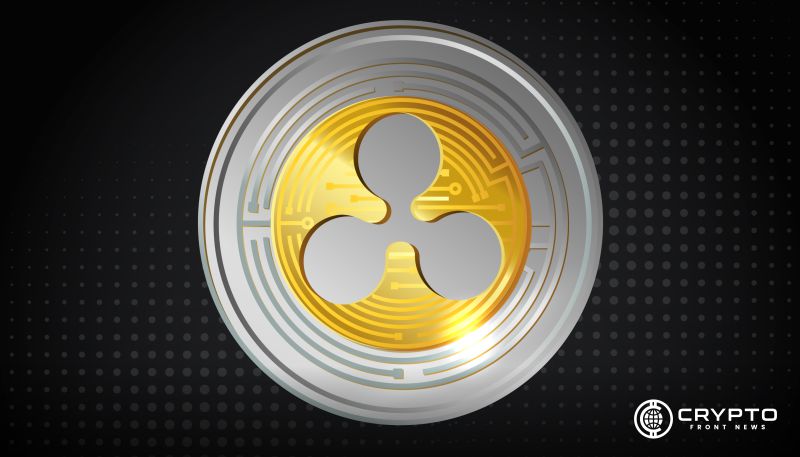- Ripple’s Luxembourg base supports its application for an EMI license, unlocking EU market access.
- Ripple teams up with Bahrain Fintech Bay to expand RLUSD and blockchain initiatives globally.
- Luxembourg’s crypto-friendly laws offer Ripple a strategic regulatory advantage for growth in Europe.
Ripple’s Chief Legal Officer, Stuart Alderoty, expressed his appreciation for Luxembourg’s Finance Minister, Gilles Roth, for his active involvement in shaping digital asset regulations. This came after a recent meeting where both discussed Ripple’s strategic goals within Luxembourg and the wider European Union (EU). This collaboration signals Ripple’s ongoing efforts to secure a stable regulatory foundation within the EU.
Ripple has already set the stage for securing a crucial license needed to operate across the EU. Ripple Payments Europe S.A., the company’s European entity, is incorporated in Luxembourg and maintains an active Legal Entity Identifier (LEI). This regulatory framework allows Ripple to navigate the application process for an Electronic Money Institution (EMI) license, which is critical for expanding its services in Europe. Once granted, this license will not only offer Ripple access to the entire EU but also enable its stablecoin, RLUSD, to roll out across the region.
The country’s position as a crypto-friendly hub is further reinforced by its alignment with the EU’s Markets in Crypto-Assets (MiCA) regulation. Luxembourg has passed national laws to complement MiCA, making it easier for crypto companies to thrive within the EU’s framework. Moreover, the Commission de Surveillance du Secteur Financier (CSSF) has been designated as the competent authority overseeing MiCA’s implementation, a step that streamlines the regulatory process.
Strategic Alliances and Global Expansion
Ripple’s efforts in Europe are just one aspect of its broader global strategy. Recently, the company announced its partnership with Bahrain Fintech Bay. This collaboration aims to promote Ripple’s stablecoin RLUSD, test international payment systems, and provide blockchain training in the Gulf region. Ripple’s acquisition of Rail, a platform that enhances stablecoin infrastructure, further solidifies its position in the payments industry.
These efforts showcase Ripple’s focus on expanding its services internationally, ensuring compliance, and strengthening the technical and legal foundation necessary to support its ambitions.
Ripple’s Regulatory Progress in Luxembourg
As Ripple works through the regulatory processes, its choice of Luxembourg proves to be a strategic one. The country offers a stable banking system, favorable laws for digital assets, and a welcoming regulatory environment. With its focus on digital assets, Luxembourg is fast becoming a key location for Ripple’s operations in Europe. Furthermore, the ability to access other European Economic Area (EEA) markets through Luxembourg’s passporting system gives Ripple powerful leverage for future growth in the region.
Despite these advances, Ripple faces some market challenges. The price of XRP, the company’s native cryptocurrency, saw a slight dip, trading at $2.79, reflecting a 4.4% decline in the past 24 hours. Nevertheless, Ripple’s strategic positioning in Europe and its strong partnerships suggest that the company remains focused on its long-term goals, despite short-term market fluctuations.





